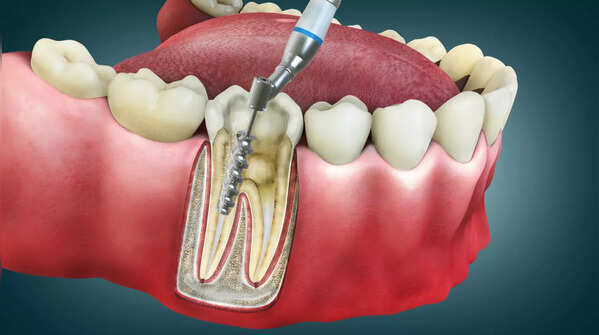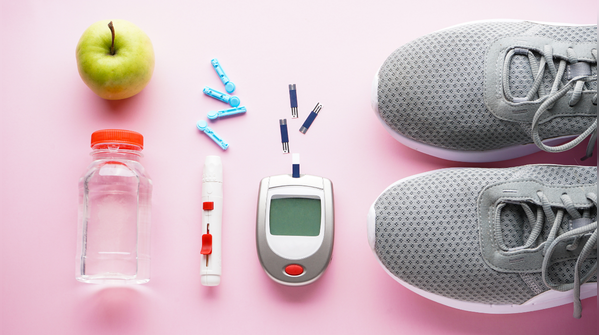
1/7
5 serious conditions commonly found in people with poor oral health
Nearly 15 million root canals are performed every year in the United States. This surge is due to alackof oral hygiene. Yes, poor oral hygiene has consequences that are far beyond cavities and toothaches. Poor oral health is a red flag for more serious and sometimes life-threatening health problems, even linked with heart health.

2/7
What is a root canal treatment?
A root canal, also known as endodontic therapy, is a dental procedure used to treat infection or damage inside a tooth. This treatment is often needed when the pulp, the soft tissue inside the tooth that contains nerves and blood vessels, becomes inflamed or infected due to deep decay, repeated dental procedures, or a crack or chip in the tooth. The requirement for this treatment often stems from poor oral health.
If not treated, poor oral health, especially gum disease, can lead to serious medical conditions that can impact quality of life and longevity. From heart disease to cognitive decline, here are five serious health conditions commonly linked to poor oral health.

3/7
Cardiovascular disease
Poor oral health, especially periodontal disease, has been associated with cardiovascular issues. The bacteria from inflamed gums can enter the bloodstream, contributing to plaque buildup in arteries. This process, known as atherosclerosis, increases the risk of heart attacks and strokes. A 2025studypresented at the American Stroke Association International Stroke Conference 2025, found that people who regularly floss their teeth (one or more times per week) may lower their risk of stroke caused by a blood clot, which travels from the heart and a stroke associated with an irregular heartbeat such as atrial fibrillation (AFib).

4/7
Pregnancy complication
Ignoring your oral health can even lead to complications during pregnancy. A recent study conducted by the Oral Health Workforce Research Center at the University at Albany found that maintaining good oral health during pregnancy is associated with reduced incidence of gestational diabetes and hypertension.
“Our findings reinforce the connection between oral health and overall health. Integrating oral health education and services into maternal health care and expanding the oral health workforce through training, better distribution, and interprofessional collaboration with prenatal care providers can improve access to oral health services for pregnant women, especially in underserved populations, and help reduce the risks of gestational diabetes and hypertensive disorders,” the researchers said.

5/7
Diabetes complications
The relationship between diabetes and oral health is a two-way street. Poor oral hygiene can worsen the life quality of diabetes patients. It makes it harder to control blood sugar levels, and diabetes increases susceptibility to gum disease. Studies suggest that people with diabetes are twice as likely to develop periodontitis due to impaired immune responses.

6/7
Kidney function
Your oral health is even linked to kidney function. A 2024studysuggests that chronic kidney disease may also be linked with tooth loss. The study found that low tooth count is linked with systemic diseases such as diabetes, thyroid disease, and osteoporosis, plus an increased risk of stroke. “This study highlights the known link between chronic kidney disease and bone metabolism. Increased attention to oral and bone health is warranted in postmenopausal women with chronic kidney disease, in addition to meticulous efforts aimed at preserving kidney function. Conversely, oral health is a window to overall health, and good oral hygiene is important for women of all ages,” the researchers said.

7/7
Respiratory diseases
The twice-yearly trip to the dentist could do more than keep teeth and gums healthy. It may decrease the risk of pneumonia by reducing bacteria in the mouth, according to a 2016 study. "There is a well-documented connection between oral health and pneumonia, and dental visits are important in maintaining good oral health. We can never rid the mouth of bacteria altogether, but good oral hygiene can limit the quantities of bacteria present," the researchers said.
They also stressed that oral health is linked to overall health.
Follow Us On Social Media

 4 hours ago
33
4 hours ago
33




























 English (US)
English (US)